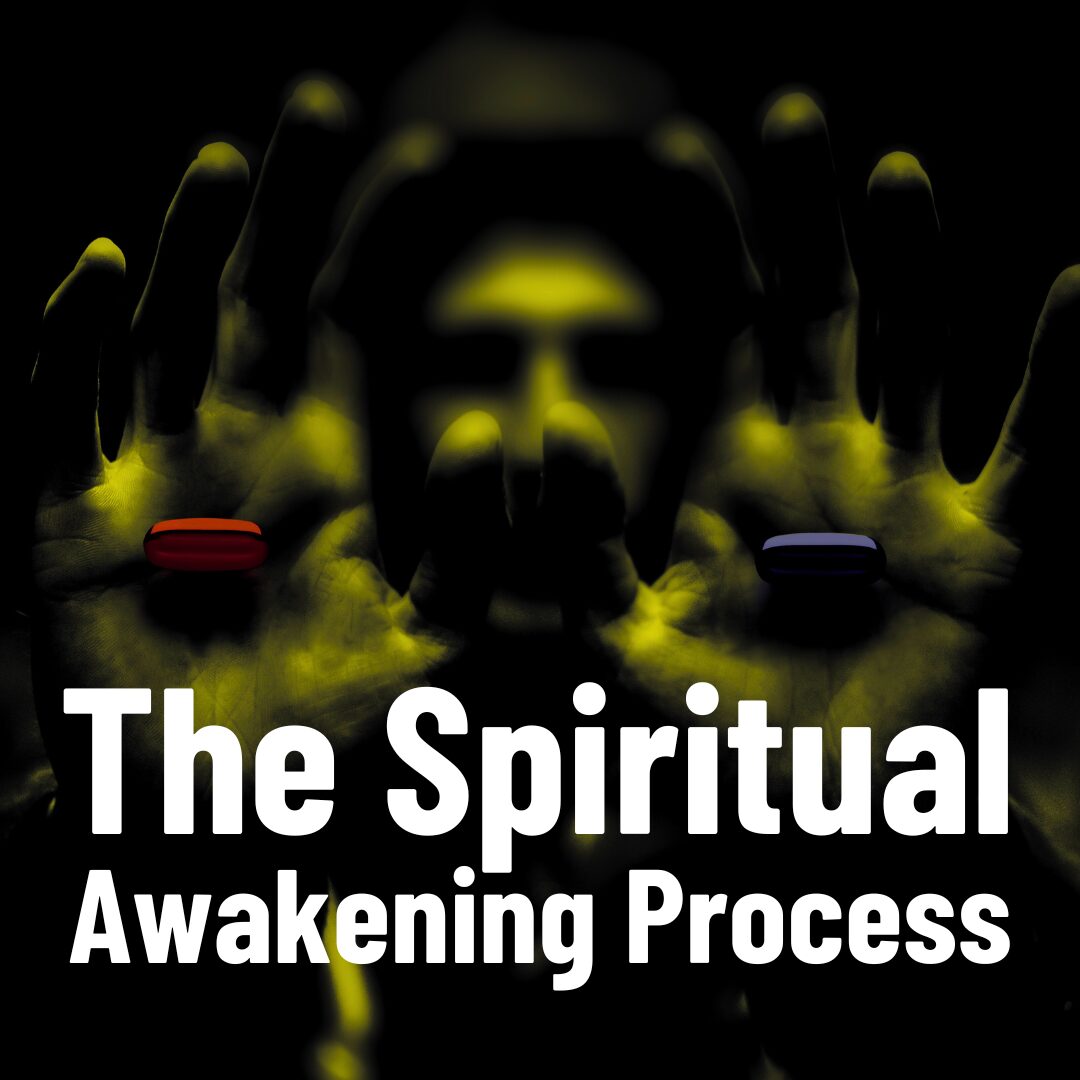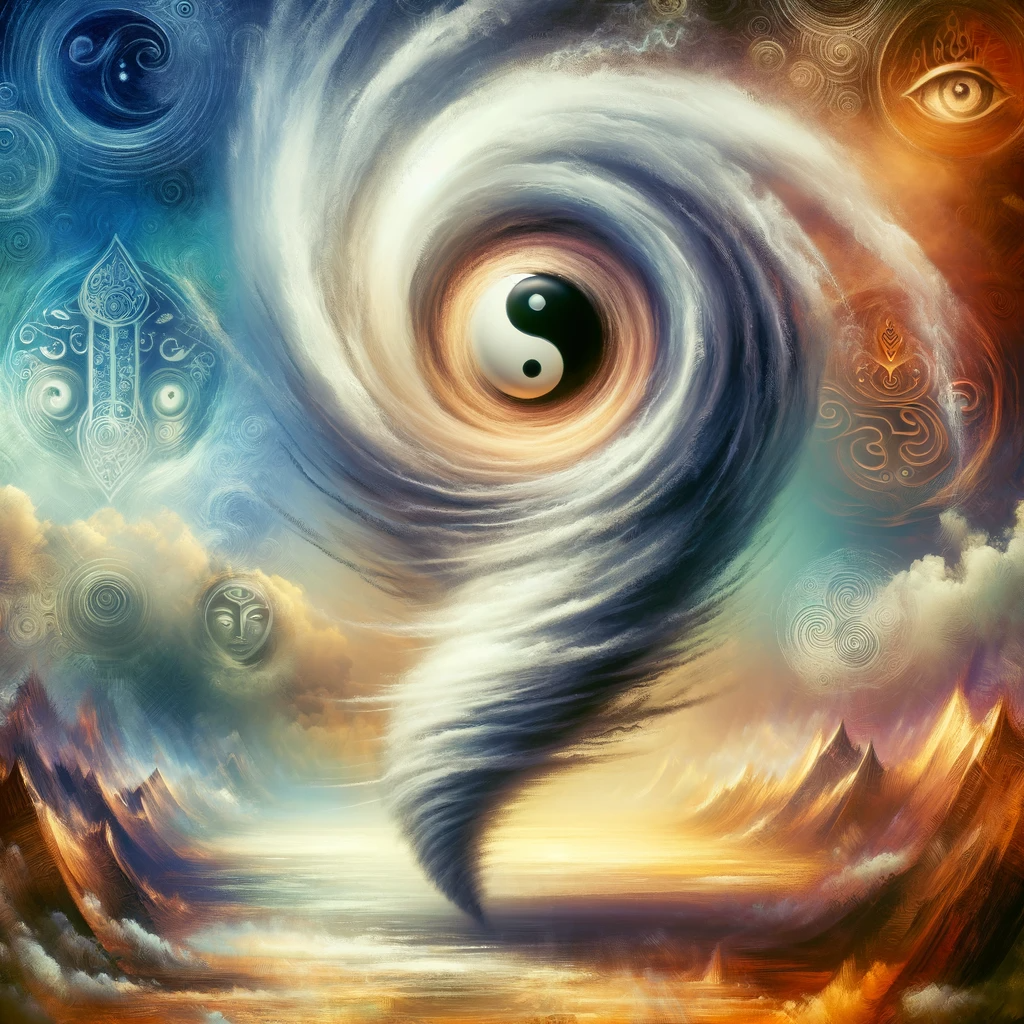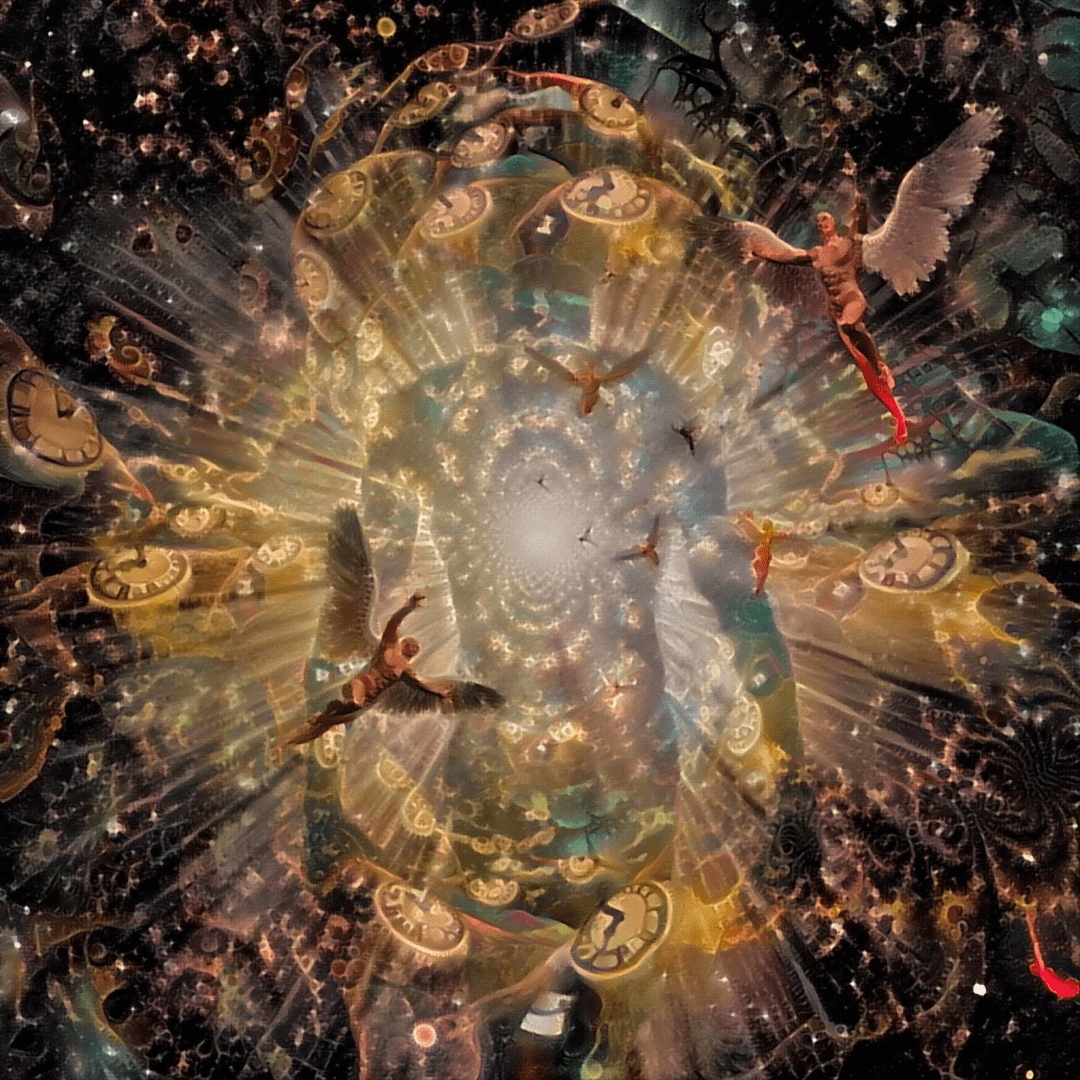Change occurs gradually in the spiritual awakening process, and all it takes is the first step, after which everything else becomes easy. It is important to note that spiritual awakening is a lifelong process, and the effort involved is often meaningful. It is perhaps the first step that is the hardest to take, but everything that follows is effortless once it is done. Going through the spiritual awakening process will assist individuals in establishing a connection with their true selves and comprehending their lives and the surrounding world from a different perspective.
What is The Spiritual Awakening Process?
The spiritual awakening process is characterized by changes in the perception of one’s or the world. It is helpful to describe it as a personal development process with no endpoint or completion. The spiritual awakening process constitutes challenges but also many rewards, knowledge, and light.
The concept of spiritual awakening is rather complicated. Many people make the mistake of viewing it as a state which one can jump into. That’s a misconception, and spiritual awakening is a gradual progression. One can say, ‘Spiritual awakening has always been there’ and they won’t be wrong. It has existed since its creation. It is a process of extending your awareness beyond the body’s limitations. It starts a new journey where you know the essence of your being.
Most people approach their spirituality differently; there is nothing wrong with this. A few people, even from early childhood, pursue their spiritual calling through institutionalized religion or meditation. Still, there are others who, with time, open up to new concepts and ideas. There isn’t one perfect way to do it. What works for them may not work for you.
What is most vital is to remain open and accepting of whatever arrives. It will take some trust in yourself to know that the way is already there, and it is just a matter of time before you find it.
Spiritual Awakening Symptoms: The 7 Stages of Spiritual Awakening
The spiritual awakening process is a journey that takes us on a journey from the lowest ebb of our being to its highest possible point of being: consciousness. It’s a journey toward our origin, our true situation. This process has a total of 7 distinct phases, which come with their symptoms.
The first stage is called “The Awakening.”
This stage is marked by the enlightenment of the spiritual realm of our lives and the pursuit of one’s spiritual self. In this stage, one tends to ponder questions such as: ‘Who am I?’,’ Who created me?’ and ‘Why was I created?’ This marks the beginning of departing the blessings of this world. For example, our obsession with money has started to alter. We begin to see that money should only be relevant to our spiritual life. Once more, it becomes clearer: money is not everything. For instance, we may consider our peace of mind more important than being rich.
The second stage is called “The Search.”
We’ll call this a point where we seek the answers and examine numerous spiritual routes. We seem to be searching behind the curtain that separates the norm from the unknown. We seek the answer to what lies beyond loss and life. Questions about our humanity in this world will be formulated.
The third stage is called “The Realization.”
We will know what our purpose here is. We shall understand how we arrange ourselves within the cosmos and how we are part of the Totality, not just a meaningless mote in the universe. To put it differently, we are just a part, in fact, a very large and eternal part. It will dawn on us that we are not all that solidly on our own.
The fourth stage is called “Integration.”
This is the stage where we start making sense of our spiritual path into the spiritual, psychological integration. Learning to incorporate in day-to-day life so deeply changes the person and how they relate to everything around them, including one’s self. The spiritual path is a very challenging path to traverse. It is a path of relinquishing control, exercising an enormous amount of patience and commitment, and, most importantly, nurturing the deep-seated urge to delve Into the boundless elements of the higher self.
The fifth stage is called “The Mission.”
This is the stage where the shift happens, and we begin to be busy making some realistic impact or pose to be here for a specific reason. It is also the stage when one starts to find meaning behind existence and a higher calling. It is this experience that defines what it is that we are meant to do in life and collectively as humanity. At this point, one can also begin to envisage the future, and that envisaged future will steer through life.
The sixth stage is called “The Work.”
Here, it is when we begin to repay ourselves, and our spiritual path commences as a vocation. It is very important to have a mission. Or a sense of purpose. It’s like going on a roller coaster, but it is not above the sky but behind you. Your role is to ensure that the roller coaster continues moving without stopping.
The seventh stage is called “The Union.”
This is when we are united with the divine and become part of it. We are joined with the essence. The essence is love, and love is the essence of all creation; the nature of love is light. That light is us. And light is the essence; when we unite with it, we become one. We represent the essence. The universe is nothing but the essence manifested. It’s a dream; it’s all about the illusion and the appearance of the essence.
Take your time, and avoid the urge to combat anything. Give yourself time to think back on your life and consider what factors may lead to an internal awakening of the power of spirituality. Remain open to other possibilities and give yourself the freedom to try out different types of your spirituality.
Remain practical and in touch with the material side of existence while keeping one’s spirit high. We must not neglect the physical reality of our existence to pursue our spiritual goals. We should strive to go on with our daily routine while, at the same time, developing a timetable for introspecting and performing various spiritual activities.
What to expect during and after the spiritual awakening process
The spiritual awakening process brings about many changes in people. This healing transformation can be the most exciting adventure in life, but it also entails dealing with various aspects of yourself that require growth. Let’s look at what to anticipate and what comes next in the affective and cognitive parts of the self-purifying process.
During the spiritual awakening process, one can be expected to experience a heightened sense of intuition and other psychic abilities. You’re likely to begin viewing reality differently and re-evaluating many of your previous opinions that you held strongly for an extended duration. Consider this stage as one where one would go through a metamorphosis wherein attachments are not retained, and newness is embraced fully.
Dealing with the Emotions During the Spiritual Awakening Process
- Do not struggle against your feelings. Just allow the feelings to run their course and move out of you.
- Understand that you will have good days and you will have bad days. It is perfectly normal given the circumstances to feel the way you do in this time.
- Nurture yourself. If you have slumped one day, do not torment your thoughts with trying to blame yourself.
- Be patient and allow yourself to recover and advance. Remember that self-activating processes can be gradual and involve many different stages, so a respectful attitude toward the self-leads to meaningful changes in thoughts, feelings and behavior over time.
- Seek help from people who understand you and are in the process of spiritual awakening at the same time.
Role in Liberation from Ego and Human Conditioning
Surrendering to the spiritual awakening process is a total commitment to shedding off one’s ego and all forms of human conditioning. The inner journey is not easy; it takes courage, strong will, and the desire to confront the self without flinching. It is a lifetime process, which one embarks upon towards higher levels of self-awareness and self-acceptance.
The spiritual awakening process entails “becoming more awake” in mental and emotional faculties. It sees through the ego’s distortions and remembers our divine, true nature. To wake up is first to see our conditioned thoughts, beliefs, and actions. We must know how these limitations enslave us in a cage of darkness and pain. When we become conscious of our conditioned responses, we can start deprogramming them from within ourselves, layer by layer. This task is not easy, but it is worthwhile as it transforms the individual and allows him to live authentically.
In conclusion, the represented process of spiritual awakening is an individual special case full of deep understanding, wisdom and growth. This profound process can transform one’s life for the good. It’s essential to do your homework and look for a teacher or a mentor who can assist you during this journey if you want to go down this path. It is worth the risks!















